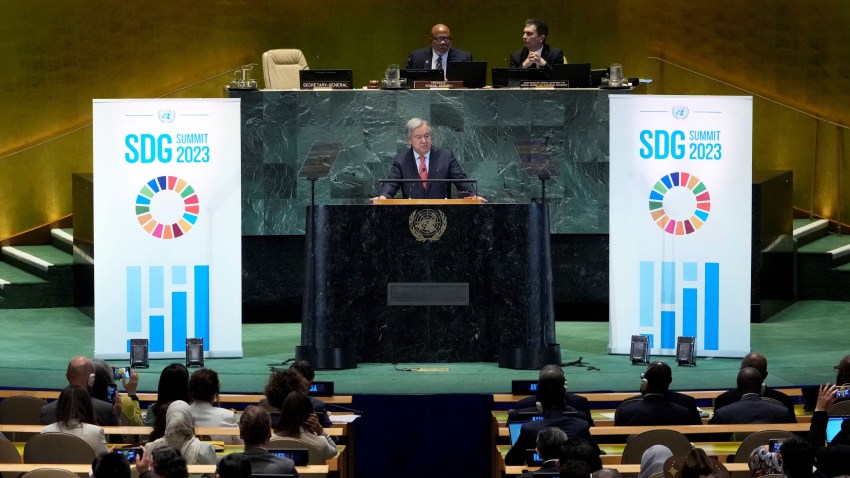Following the Sustainable Development Goals Summit this past September, the United Nations published a guidance paper entitled “Six Transitions,” to identify critical “investment pathways” that will be key to achieving the SDGs by their target date of 2030. According to the U.N. paper, these critical pathways will have “catalytic and multiplier effects” across all the SDGs. It recommends a focus on food systems, energy access and affordability, digital connectivity, education, jobs and social protection, and climate change, biodiversity loss and pollution.
Given the current global economic and geopolitical challenges, refocusing efforts and resources toward realizing the SDGs—a set of 17 global development goals agreed in 2015 to ensure healthier, more equitable and inclusive and environmentally sustainable conditions for all—is a positive and necessary step. But if the 2030 Agenda’s targets are to be met, even partially, the U.N.’s development planners and policymakers must also rethink the political and ideological underpinnings of international development cooperation.
The current paradigm of development cooperation can be traced back to the end of the Cold War. That period marked an essential turning point for the U.N., which saw the basic terms of the expanding liberal consensus align closely with its own aspirations for international peace and security, and with the core standards of development and human rights contained in the U.N. Charter. The new reality of geopolitical détente, shrinking nuclear arsenals and defense budgets, expanding markets and spreading democracies provided the backdrop for the U.N.’s Agenda for Peace in 1992.

